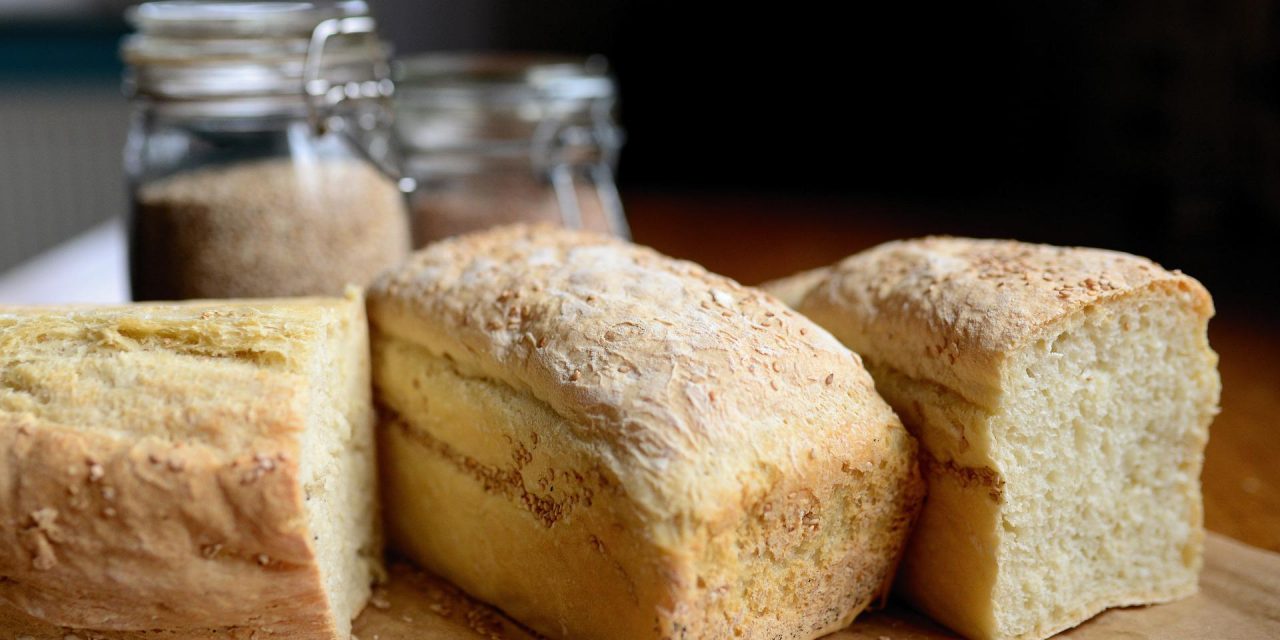Then Jacob made a vow, saying, “If God will be with me and will keep me in this way that I go, and will give me bread to eat and clothing to wear–Genesis 28:20 (ESV) Bread is a baked food product consisting of flour or meal that is moistened, kneaded into dough, and often fermented using yeast. [1] It has been a staple food around the world for thousands of years. In Bible times, bread was an essential part of their daily diet (Gen 21:14, 1 Kings 13:8), it was used in religious worship (Lev 2:4-10) and also during Holy Communion (1 Cor 11:27-29). Interestingly Ezekiel, a prophet in the Old Testament, wrote instructions on how to prepare bread –“Take wheat and barley, beans and lentils, millet and spelt. Put them in a storage jar and use them to make bread for yourself.” (Ezekiel 4:9). Most homes almost always have bread on hand for preparing meals throughout the day. Though people consume bread mostly because of its convenience, portability and taste; bread is often still characterized as unhealthy, harmful and flattening. This is because compared to other foods like vegetables and fruits, bread is relatively low in essential nutrients. There are different types of bread that people make in different ways, using a variety of ingredients. Hence the nutrient profile and health benefits of bread, will largely depend on the kind of bread. However, before making a decision on which type of bread or bread product to consume, keep in mind the following facts with regard to its general composition: [2] So if you’re searching for a bread product that will give you higher amounts of fiber and protein, consider whole-wheat bread. If you’re looking to optimize the nutritional value of your bread, consider bread made from sprouted grains. Overall, moderation is key (Phil 4:5 –Let your moderation be known unto all men. The Lord is at hand (KJV). Some suggest limiting yourself to one serving of bread per meal or per day depending on what else you eat and the type of bread product you’re enjoying. [5] Just know that how you eat bread and its products will ultimately have an impact on your health. Finally, check the bread nutrition facts and follow serving suggestions; or enjoy less at a time, based on your diet. [5] REFERENCES
iSpeech.org
BREAD TO EAT












Recent Comments